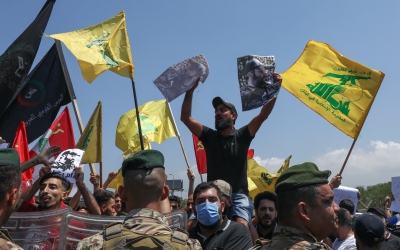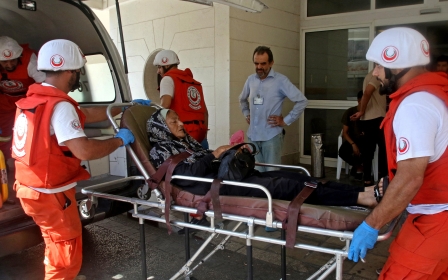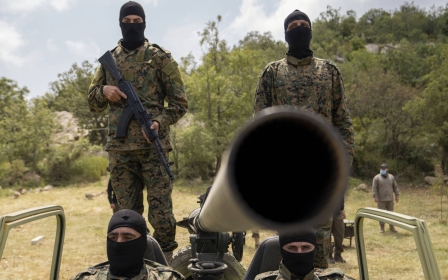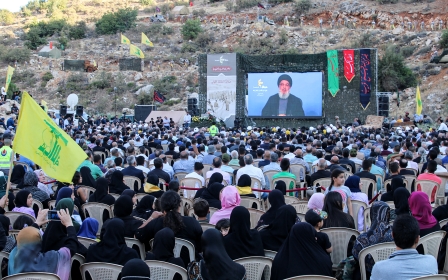US Treasury issues sanctions targeting Hezbollah-linked persons in Latin America
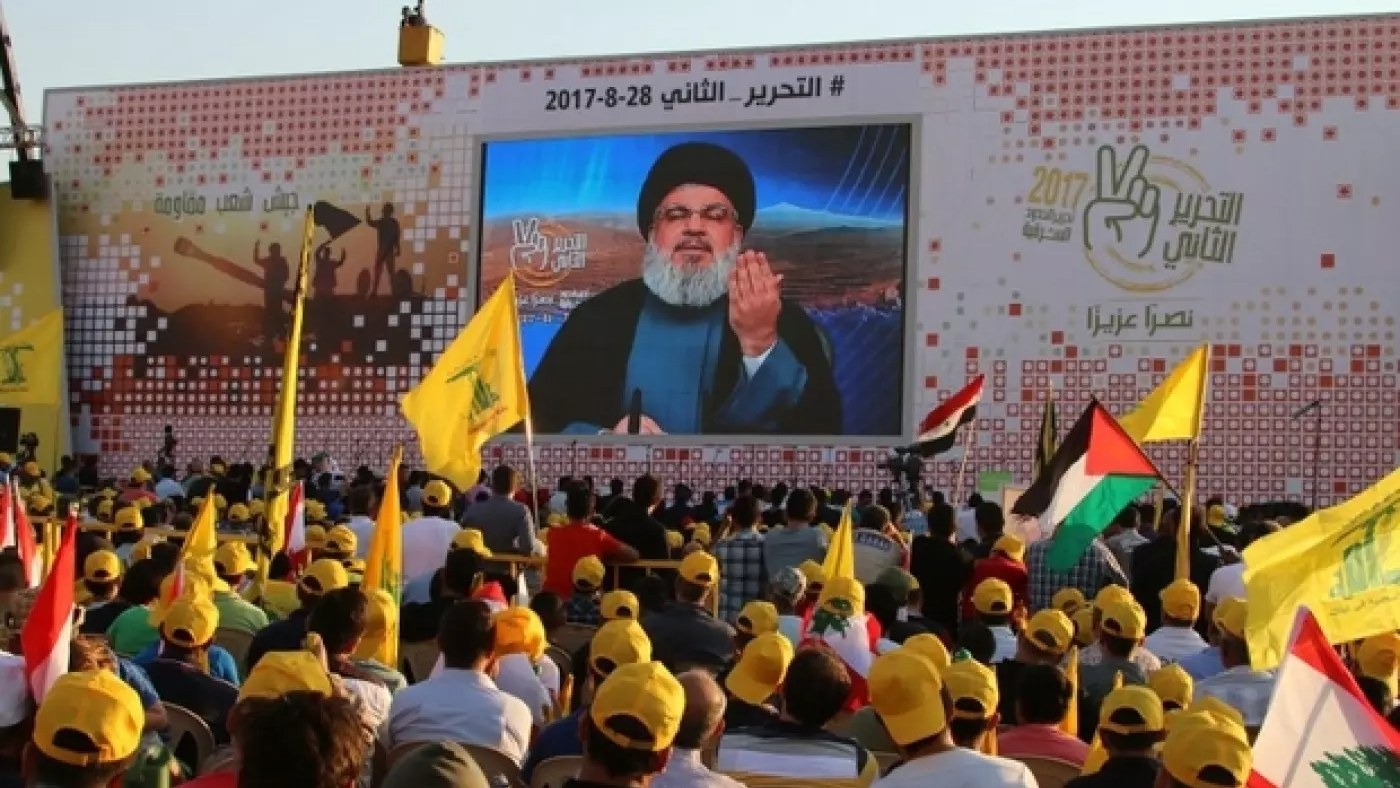
The US Treasury Department has issued sanctions on a network of individuals and businesses in Lebanon and South America, accusing them of financing Hezbollah.
The department said in a press release on Tuesday that it was sanctioning Amer Mohamed Akil Rada, describing him as an "operational member" involved in an attack in Buenos Aires in 1994 that killed 85 people.
The Treasury also stated that Rada was involved in the 1992 attack on the Israeli embassy in Buenos Aires.
It also placed sanctions on Rada's brother Samer, who was accused of involvement in drug operations and money laundering across Latin America, and Rada's son Mahdy Akil Helbawi, who ran a charcoal business that exported from Colombia to Lebanon, according to the press release.
“Today’s action underscores the US government’s commitment to pursuing Hezbollah operatives and financiers no matter their location,” Brian Nelson, the Treasury Department's undersecretary for terrorism and financial intelligence, said in a statement.
New MEE newsletter: Jerusalem Dispatch
Sign up to get the latest insights and analysis on Israel-Palestine, alongside Turkey Unpacked and other MEE newsletters
Hezbollah is one of the largest political factions in Lebanon and also maintains a well-armed militia with a cache of tens of thousands of missiles. The US, which views the group as a terrorist organisation, has long targeted Hezbollah officials and their allies with sanctions.
Since Israel's invasion of Lebanon in 1982 and the founding of the group, Hezbollah has been a core target of the US.
Washington has also claimed that Hezbollah has been involved in drug trafficking in Latin America to generate revenue.
In 2020, Republican Congressman Joe Wilson introduced the Hezbollah Money Laundering Prevention Act of 2020, which aimed to stop "Hezbollah’s money laundering activities across the world, especially in Lebanon and Latin America".
The spotlight on Hezbollah has had ripple effects on Lebanon and its Shia communities. After the passage of the Hezbollah International Financing Prevention Act in 2015, Washington gave Lebanese banks 99 names and wanted their bank accounts closed.
With Lebanese banks wanting to be in compliance with US demands, they ended up closing thousands of accounts.
At the same time, Lebanon is currently in the grips of a financial crisis that the World Bank has said could rank among the world's worst since the mid-1800s.
The economic meltdown began in 2019 when the financial system collapsed under the weight of huge state debt and lack of foreign currency – the result of decades of corruption, economic mismanagement, and unsustainable financing.
Middle East Eye delivers independent and unrivalled coverage and analysis of the Middle East, North Africa and beyond. To learn more about republishing this content and the associated fees, please fill out this form. More about MEE can be found here.


